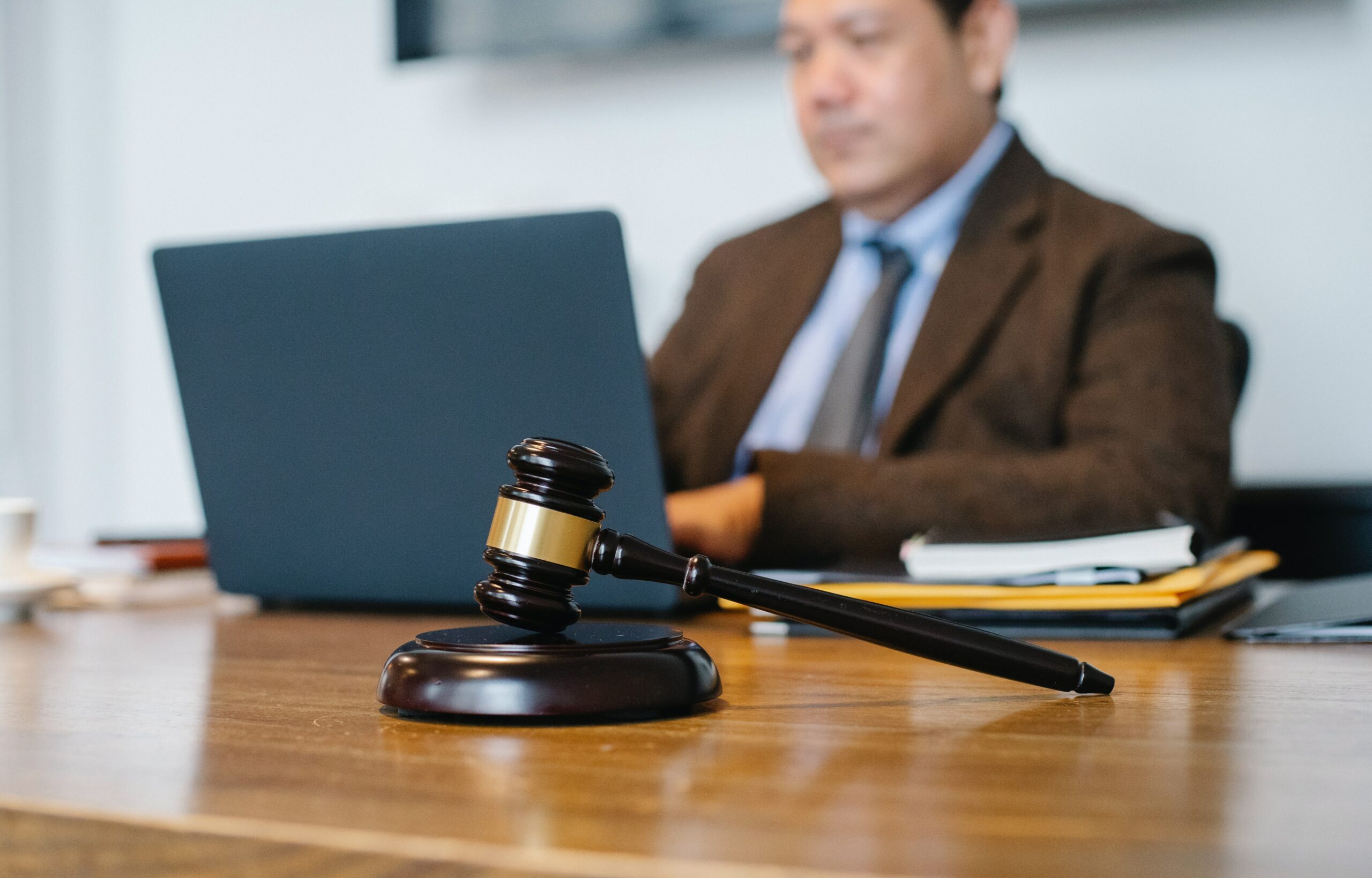- What are the possible outcomes of the case?
Although this is a relatively arbitrary question, yet it is a smart choice to evaluate all the possible outcomes so that you are mentally prepared. There are several different rules and laws that are applicable that you might not be aware of. In the case, the client is preferred to ask the attorney of all the possible outcomes. Based on the communicated outcomes, you can discuss the possibilities. Having a clear communication channel with the attorney is particularly helpful, because it helps the attorney understand what is the end goal you’re aiming for, and if that is realistic in the existing circumstances. Generally, a good attorney is not going to over-commit. This is something that needs to be gauged in this situation. It is helpful for the client to ensure that the stated outcomes are communicated, so that they are mentally prepared for the outcome.
- What is the expected timeline of the case?
Legislative cases can often be time consuming. There is no definite answer to the time that might be required for a case to be completed. In this regard, it might make the client impatient or easy, because of lack of information about the tentative deadline. For all the respective cases that are presented in the court, some are prioritized, while others have a normal procedural protocol. Depending on your particular case, your attorney might be able to guide you (from experience), regarding the tentative timeline of the case.
Regardless of the fact that the timeline prescribed by the attorney is not a guarantee of sorts, but it still gives a rough idea regarding the timeliness with which the matter can be solved. Asking your attorney will help you develop a reasonable expectation of the predicted outcome, as well as the time that would be consumed in the process.
- What is the tentative course of action/strategy in this particular case?
This is perhaps the most important question that you should be asking your lawyer. It is important to figure out the possible course of action that the lawyer plans on taking pertaining to the case. Even though the attorney might not disclose the exact details, yet having a rough idea regarding the plan of action that is going to be followed is a good strategy. It helps you understand the situation better, and communicate if you think it could be done in a better manner. Therefore, getting to know the attorney’s course of action is pivotal, because it helps you understand what the attorney is working towards, and if both you, and the attorney are working for the same outcomes.
